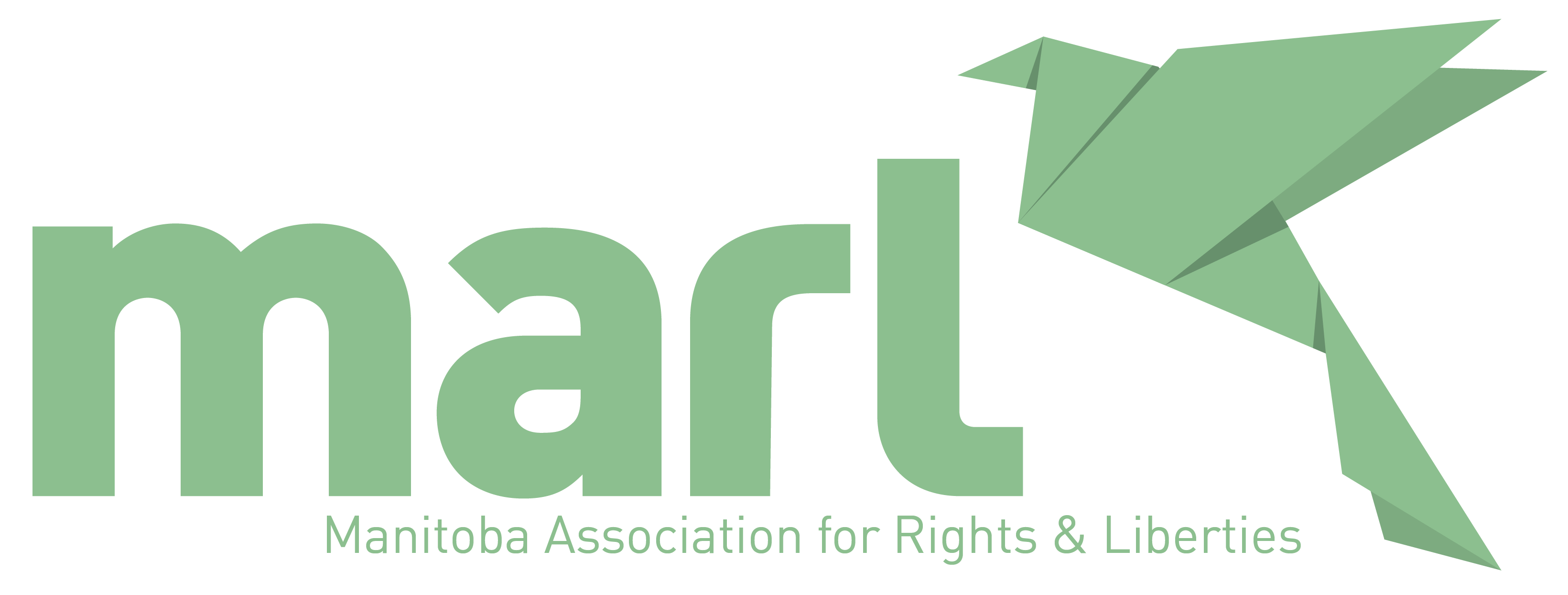classroom
workshops


Taking Action
Workshops
This section of workshops explores raising awareness on a variety of different human rights needs in our communities. It includes looking at ability and inclusion, explores colonization and resilience as well as a discussion on newcomer and immigrant populations. There are two workshops that look at gender and consent as well as looking at poverty and homelessness in Manitoba.
Activism can seem overwhelming and joining a cause can seem intimidating. But even small actions can be a step towards social justice. Anyone can participate in activism. In this workshop, participants examine what it means to be empowered, how to expand a base of allies and supporters for a cause, as well as examples of activists and social justice movements that have had an impact in our world.
**Note: it is not necessary for students to participate in the power and privilege workshop before this session, but it is suggested for students to gain the most from this workshop. This workshop can also be completed as a half day (3 hour) session. This workshop is a great addition to curriculums for teachers who are interested in engaging their students in practical social justice action. It complements classroom work being done surrounding human rights issues, or social justice groups in the school, providing students with applicable knowledge.
This workshop reviews the basics of climate science. Participants will explore the fundamentals of climate change, the social impacts of a warming planet, and tangible solutions that can be used to slow the consequences. Participants will also learn about Indigenous solutions and strategies for reversing the effects of climate change. Participants will reflect on personal choices and conclude with tangible steps for a better future.
**Note: this workshop can be facilitated as a full day workshop that partners with the Assiniboine Zoo.
This workshop helps participants work through the tough process of being a conscientious consumer and how to consider the impact of production on other people, animals, and the environment. This workshop breaks down different questions to ask while deciding on a purchase, it explores how our consumption habits are shaped by globalization and capitalism, and introduces several alternatives to mainstream consumption habits, giving participants different options for more sustainable consumption habits.
**Note: this workshop fits well with the Education for Sustainable Development vision of equipping students across the province with the information and skills to live sustainably and to develop life-long sustainable development practices.
This workshop explores how activism and art fit together as powerful tools for change. Participants will learn about the history of art activism, the numerous mediums artists use to spread their message, and how art can transform our understanding of the world around us. Participants will learn about current social movements and critically engage with their strengths and weaknesses. Participants finish the workshop by creating art based on a human rights issue that matters to them.
**Note: this workshop is great for teachers who are interested in engaging their students in practical social justice action. Students remain engaged in critical thinking to understand how art can be used for social change. It complements human rights- oriented classrooms and social justice groups in the school by providing students with applicable knowledge.
This workshop describes various types of racism and how it manifests in our society. The workshop is interactive and looks at our comfort level when discussing racism, the power dynamics when addressing racism and what to do when you encounter racism.The workshop includes a discussion of microaggressions and important information for allyship. Case studies are used to discuss how to address different kinds of racism.
**Note: racism in many different forms has come to the forefront of many news stories over the past year. This workshop is good for social studies but could also be integrated into language arts and other courses that use narratives to explore the human experience.
This workshop will highlight the fundamentals of racism and the importance of anti-racism in our communities. Participants will learn about current athletes who are standing up to racism in their sport. Participants will explore how microaggressions occur in sport and how to respond to them. The workshop will conclude with case studies of professional athletes who have made a public commitment to anti-racism
This workshop describes various types of racism and how they manifest in our society. The workshop is interactive and looks at our comfort level when discussing racism, the power dynamics when addressing racism and what to do when you encounter racism. Case studies are used to discuss how racism can permeate into schools and classrooms. Teachers will explore the impact of microaggressions and how to address them.
This workshop explores the many links between human rights and sustainable development. It introduces the United Nations Sustainable Development Goals and looks at specific sustainable development issues in Manitoba. The workshop ends with a discussion of issues in sustainable development and brainstorming potential actions that participants could do to support sustainable development in their communities.
**Note: this workshop can be good for science courses that have a foundation of sustainable development. Along with the United Nation definition of sustainable development it also explores the framework of well-being in the Manitoba Education Science curriculums.
This workshop explores current trends in social media and how activists have used platforms to inspire change. Participants will learn about social movements that have gained traction in recent years and the importance of digital citizenship. This workshop will also focus on human rights in the media and different ways media can help and find social causes. The workshop will conclude with an activity to create social content for change.



